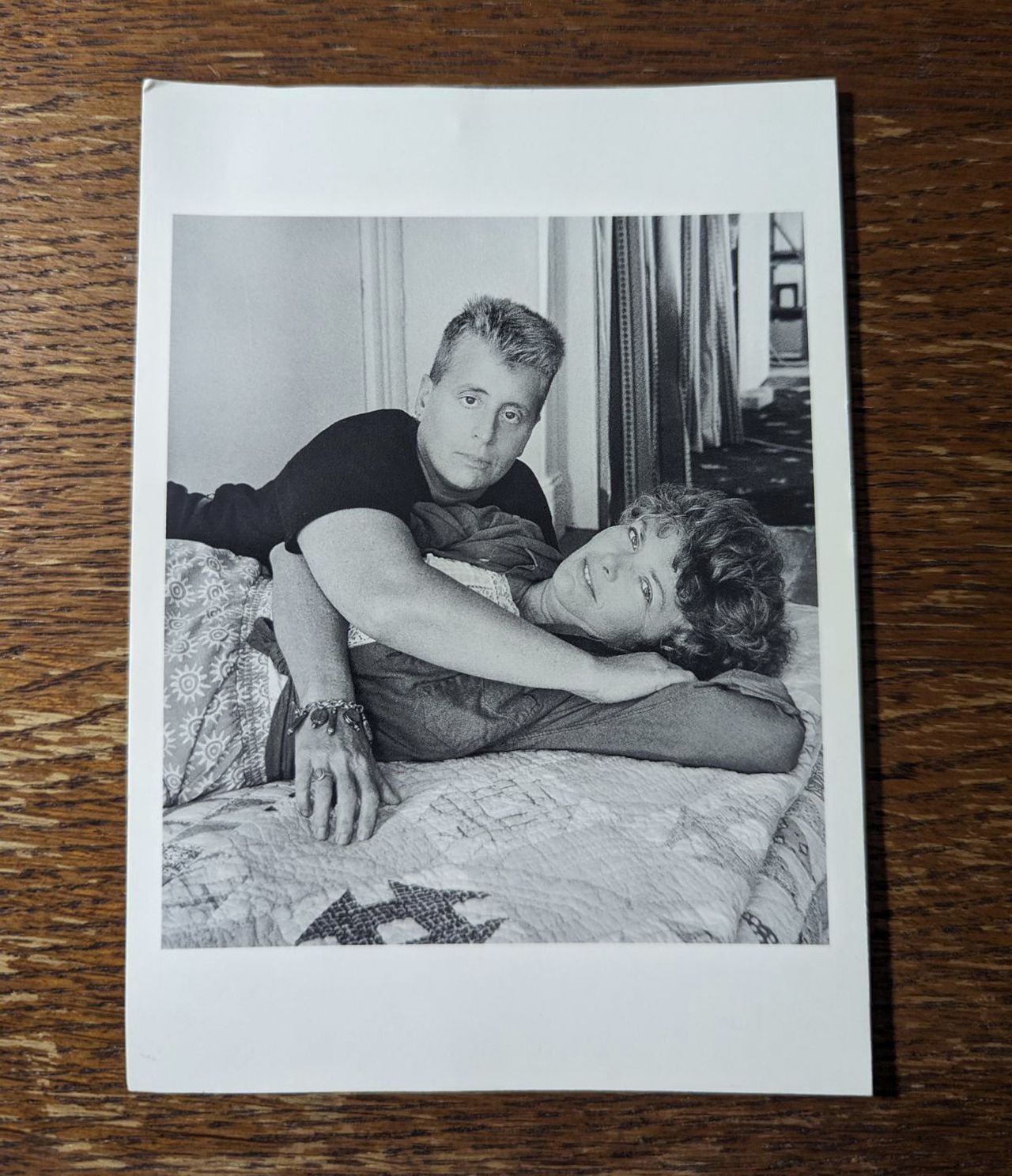Minnie Bruce Pratt, Alabama native who pushed for LGBTQ equality, dies at 76
Minnie Bruce Pratt, an Alabama native, women’s liberation and LGBTQ activist, poet and educator, died Sunday surrounded by friends and family in Syracuse, New York, at the age of 76.
Her death comes after her sons announced in June that she had been diagnosed with a serious health condition.
Pratt was a prolific advocate and writer throughout her life. She pushed the boundaries of feminist teaching and thinking. She wrote poems and essays about race, class, gender and sexuality, which received awards from the Academy of American Poets, the American Library Association, the Poetry Society of America, Lambda Literary and the Publishing Triangle.
In 2022, she wrote for AL.com that she and other lesbian, transgender and gender-nonconforming people “have always been in Alabama.”
Pratt was born in Selma and graduated from Bibb County High School. She attended the University of Alabama just one year after George Wallace “stood in the schoolhouse door,” according to her website. She has degrees from Tuscaloosa and the University of North Carolina at Chapel Hill. Later in life, she split her time between Syracuse and Centerville.
“I still consider Alabama my home,” Pratt said in a recent interview with Reckon News. “I’m really unhappy that people don’t know I’m from Alabama. I want them to know I’m from Alabama. I’m proud of it. I’m proud of the resistant traditions of Alabama, resistance to oppression that are embedded in the soil there.”
The Invisible Histories Project, an organization that researches Southern history, called her “a phenomenal poet, a fierce femme lesbian, a fighter for the working class and marginalized, and an unapologetically Southern woman.”
“She was a Bama girl,” Maigen Sullivan, cofounder of the Invisible Histories Project and friend of Pratt, said. “She never let it go, regardless of how long she spent in New York or anywhere else. She was always deeply, deeply Southern, very passionate about her hometown and the people that she grew up with.”
Pratt came out as a lesbian in North Carolina in 1975 and lost custody of her two sons as a result. This went on to be the topic of one of her most notable books, “Crime Against Nature,” titled to reference the sodomy laws that resulted in her losing custody.
“The reason I lost custody of my children was because I could be charged with a felony, and therefore that was it,” she said in an interview with Reckon. “I was an unfit mother. Boom. My children were taken away.”
She went on to teach at historically Black colleges, Fayetteville State University and Shaw University, and later held roles at colleges including George Washington University, Hamilton College and the University of Maryland, College Park.
Pratt created Syracuse University’s first LGBT Study Program during her tenure as a professor from 2005 to 2015.
“Minnie Bruce Pratt is a ‘pioneer’ in every respect of the word,” Gerald R. Greenberg, a professor at Syracuse University, said on the university’s website. “As a teacher-scholar, she is a leader in women’s studies, particularly feminist theory. Yet one of her greatest legacies is still unfolding—that of helping establish our LGBT Studies Program.”
Her spouse, trans activist Leslie Feinberg, died in 2014. They were together for 22 years.
Sullivan remembered a card from Pratt — a photo of Pratt and Feinberg — that she said embodies a large part of what she was like.
One of many cards Minne Bruce Pratt sent her friend and cofounder of the Invisible Histories Project, Maigen Sullivan. Pictured are Leslie Feinberg (left) and Pratt (right) lying on a bed together. Courtesy Maigen Sullivan.
“It’s my favorite picture of them,” Sullivan said. “They’re actually laying on the bed and Leslie’s got their arm over Minnie Bruce, and Minnie Bruce is just grinning at the camera. And it’s like this most intimate moment that we’ve kind of interrupted, but this was the card that she was sending out to people. She was just brazen in her sexuality, but she still kept that soft, Southern, feminine appeal.”
Pratt’s sons said donations in memory of Pratt may be made to the Friends of Dorothy House in Syracuse.
